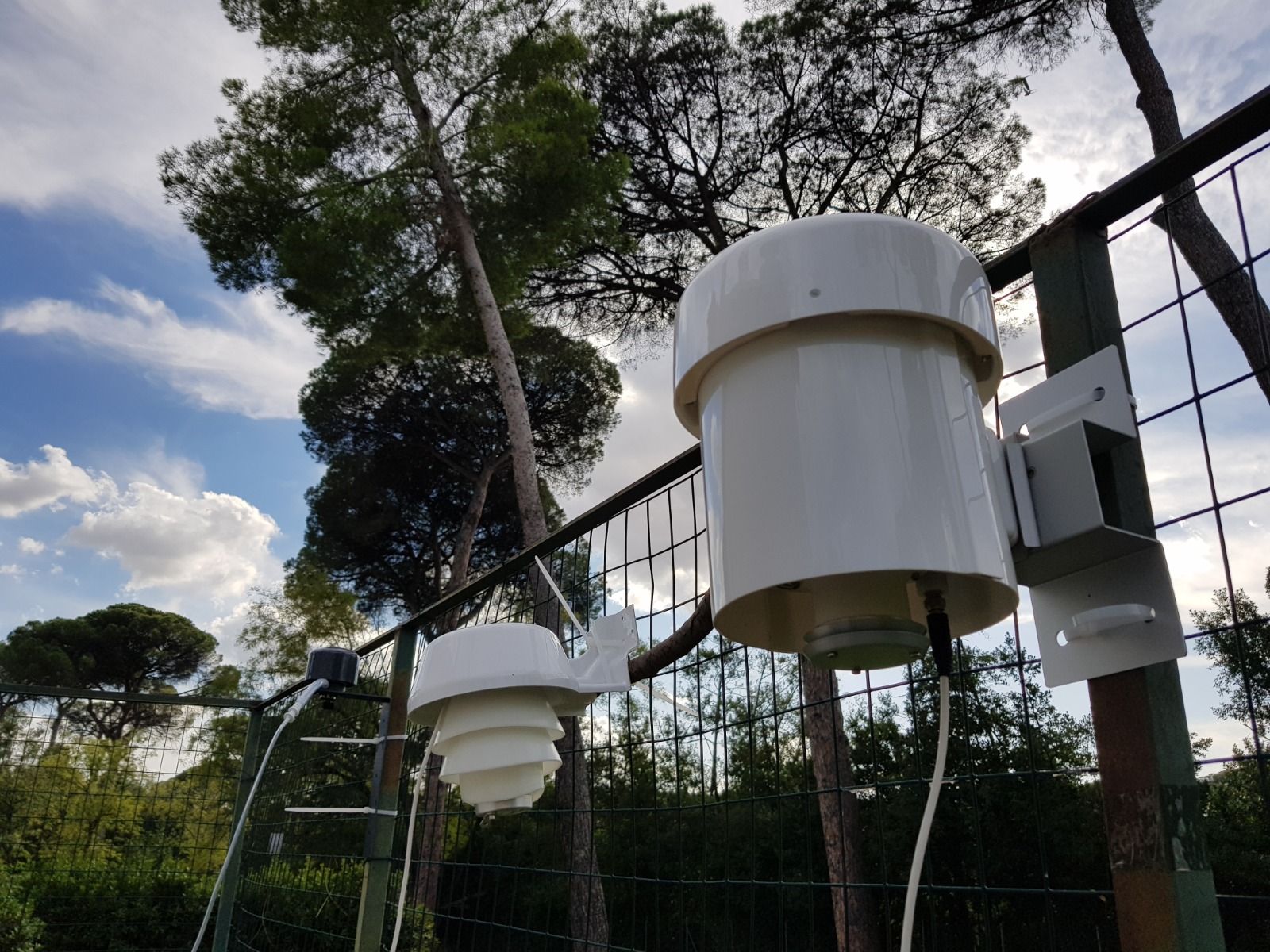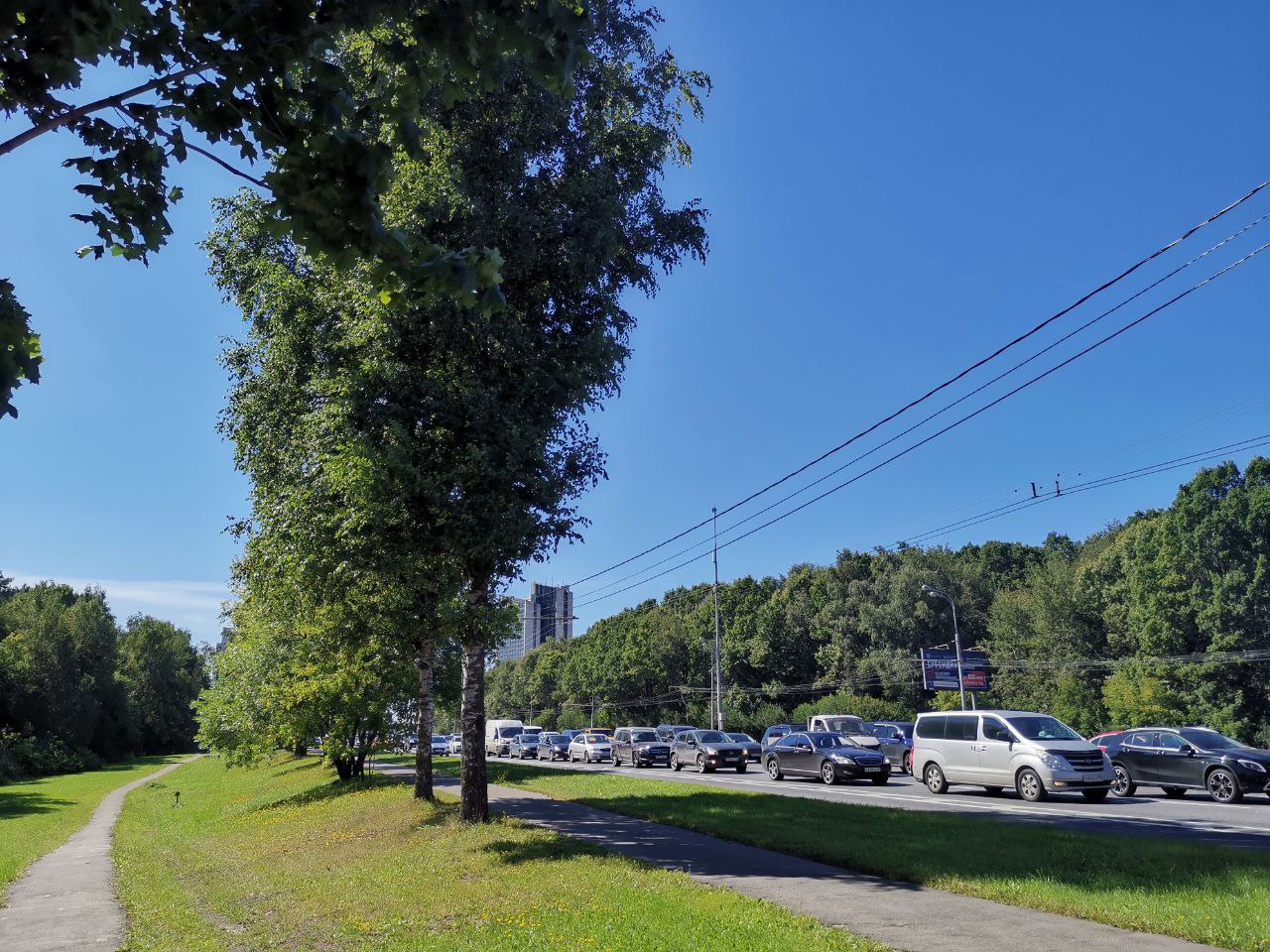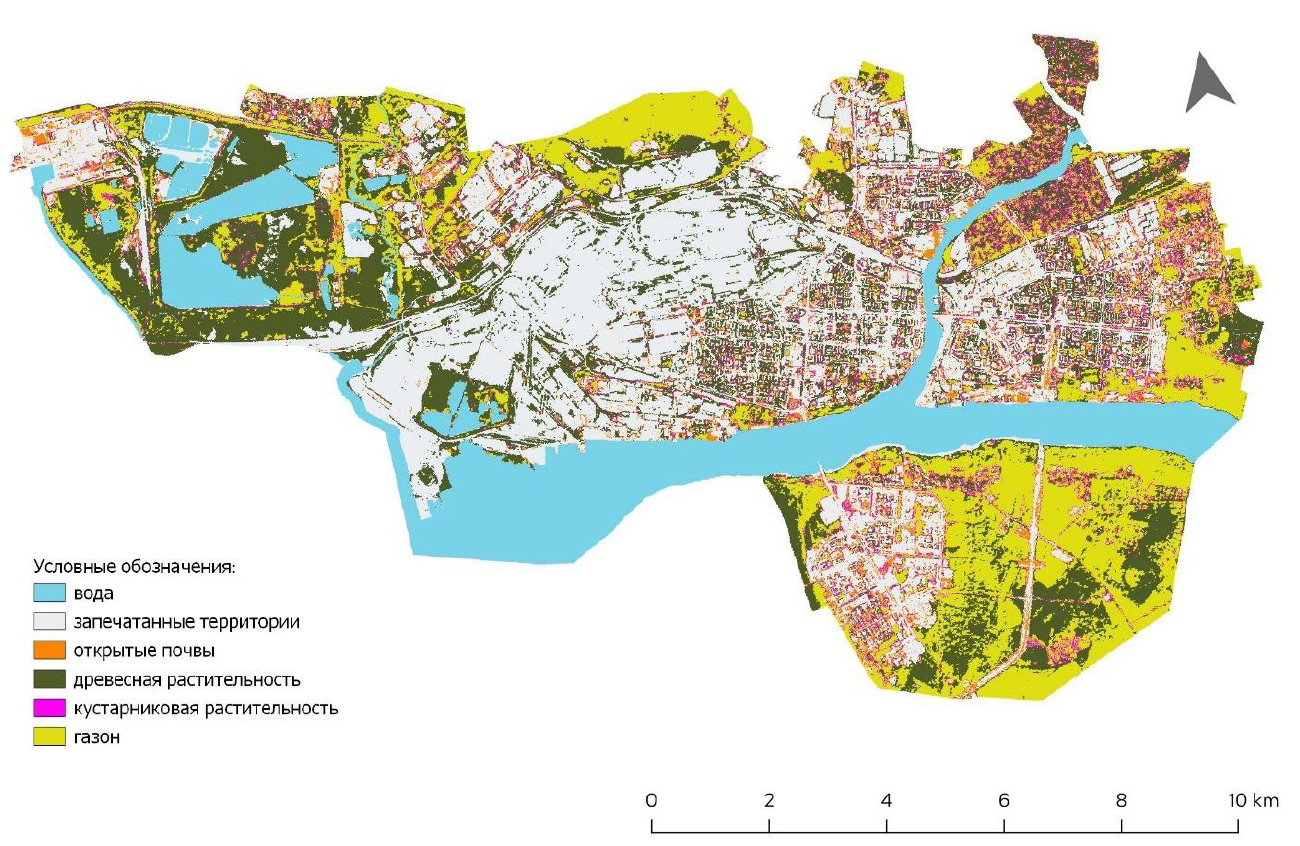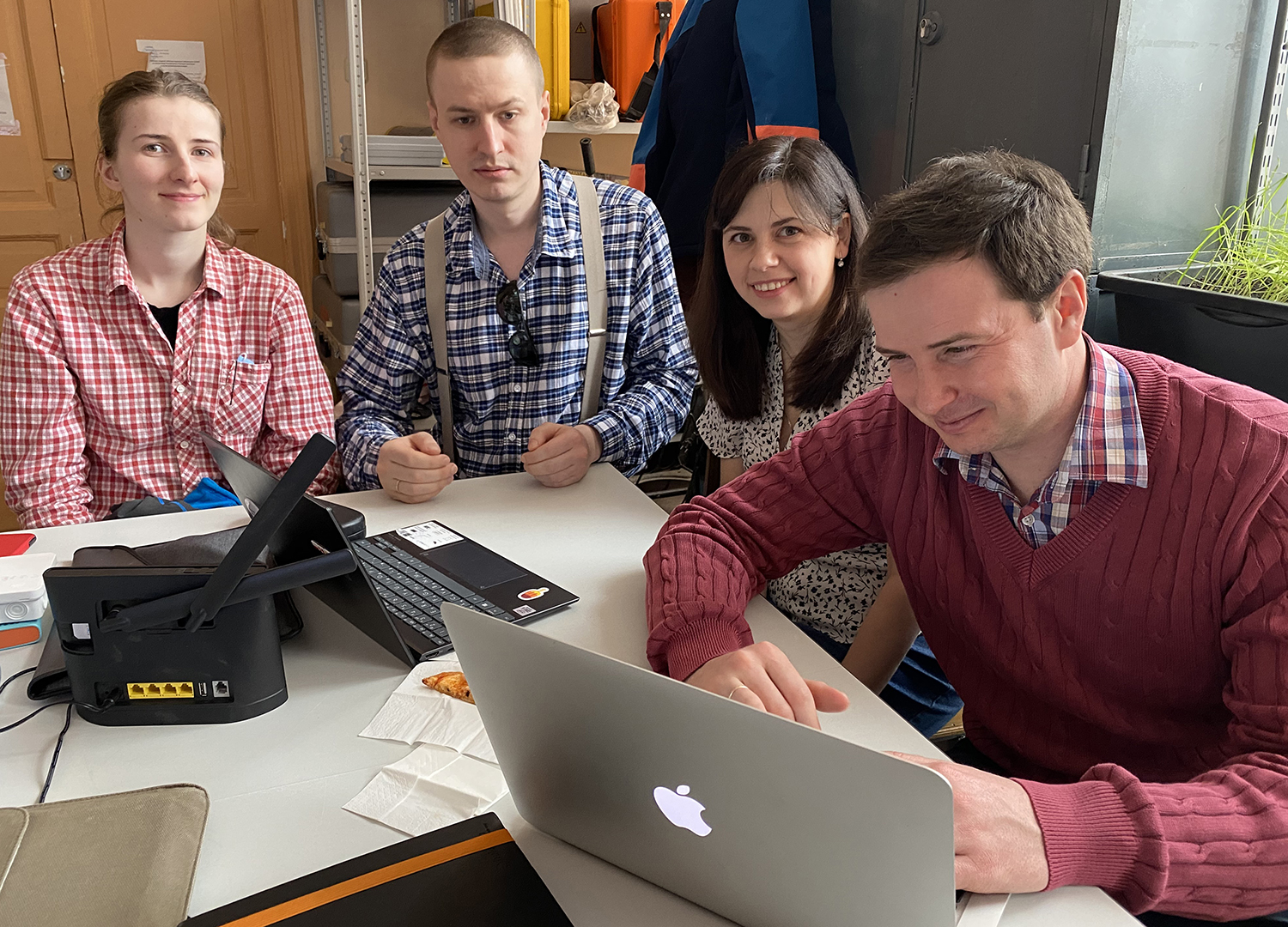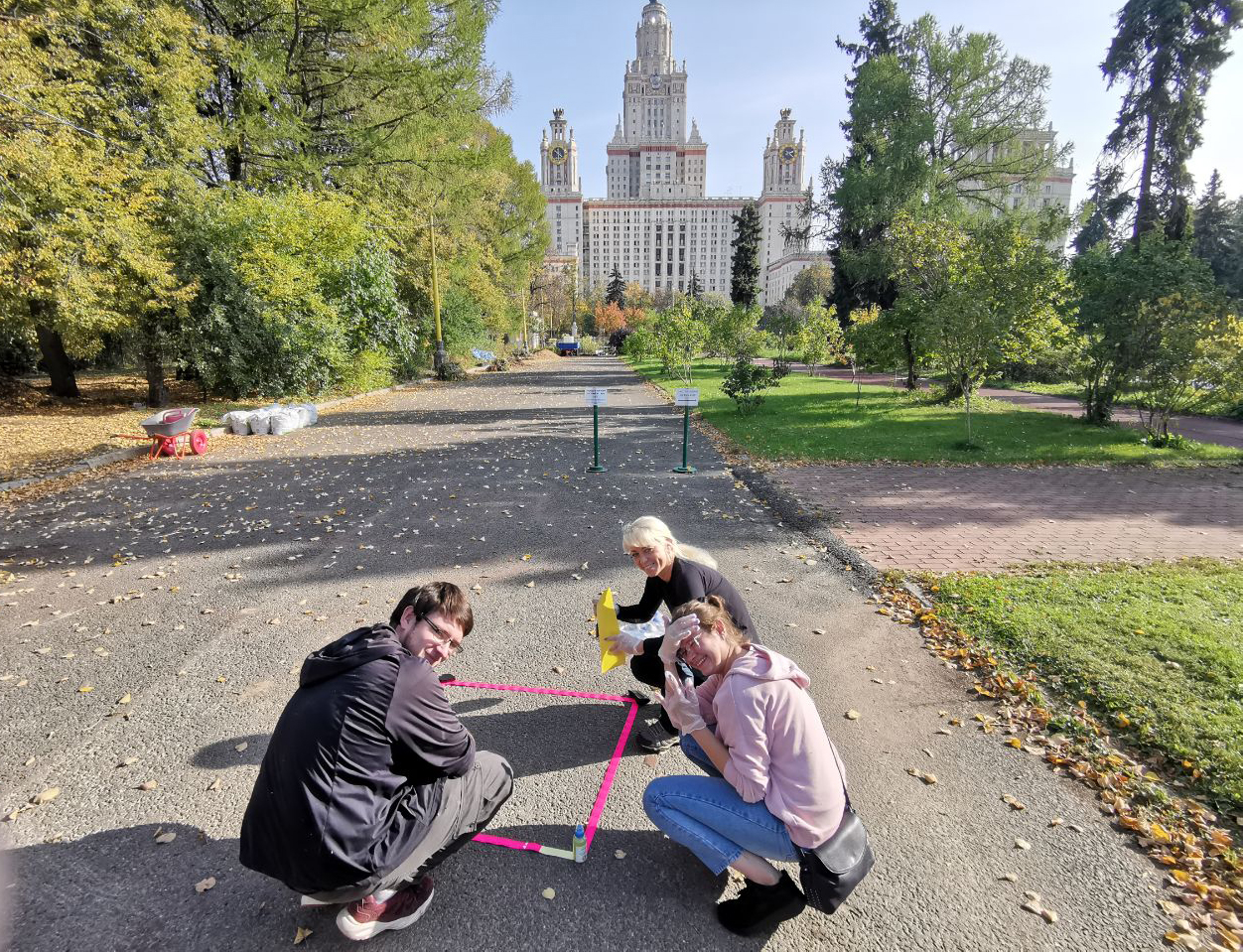An international scientific seminar “IoT technologies for ecosystem monitoring: towards a new era in urban ecology”, organized by Smart Urban Nature Research Center of Agrarian and Technological Institute of RUDN University will be held on May 11, 2022.
SUN Researchers have found that transport pollution increases the number of microorganisms potentially dangerous to humans on plant leaves
Scientists from the Smart Urban Nature laboratory, in collaboration with colleagues from the Netherlands and Italy, have shown that microbial communities living on the surface of leaves are sensitive to transport pollution. With the approach to highways, the activity of microorganisms increases, their species diversity decreases, and the proportion of conditionally pathogenic forms increases. These changes are associated with an increased concentration of pollutants (mainly Zinc) and microclimatic conditions near the roads: low humidity, high temperature and ultraviolet radiation. It is important to note that the study of plant microorganisms will help assess the ecological state of nature in the city and their possible impact on human health. Article published in Plants (Q1) journal. The research was partly supported by Russian Foundation for Basic Research (RFBR) and Russian Science Foundation (RSF).
SUN lab experts made a plan on development of green infrastructure of Cherepovets
The laboratory Smart Urban Nature worked as a consultant to the “Yauza project” bureau, which developed a project for the spatial development of the city of Cherepovets striving for a reasonable balance between the purpose of the object, the needs of people and the environment. Thus, the main goal in developing the concept was to bring nature to the city to create a comfortable living environment. With the proximity of major roads, the impact of the urban heat island, and the increasing number of extreme weather events associated with climate change, the regulatory functions of green infrastructure seem to be the most significant to assess and implement in the city development.
Smart Urban Nature portal concept: in search of ideas and solutions
Last Saturday, the SUN Lab team held the first strategy session in the format of a team brainstorming session.
We discussed the concept of the Smart Urban Nature portal. This is a portal that will allow us to collect, analyze, deliver and present information about the state of urban ecosystems. Such a multifunctional open-access platform, in our opinion, will be a useful tool for different categories of users. During our session we tried to identifine these categories.
The biological component of microparticles in big cities: SUN Lab is developing research on improving air quality in urban conditions
Airborne fine dust particles (FD) are recognized as one of the most harmful pollutants to human health. The size of fine dust determines their ability to penetrate the human body, and particles less than 10 microns in size are recognized as the most dangerous. At the same time, the causes of FD toxicity are still insufficiently studied. For example, the relationship between mortality from COVID-19 and the concentration of FD in the air was shown. However, it is still not clear whether fine dust is a direct vector carrier of the virus or only exacerbates the susceptibility of the human body to the virus.

